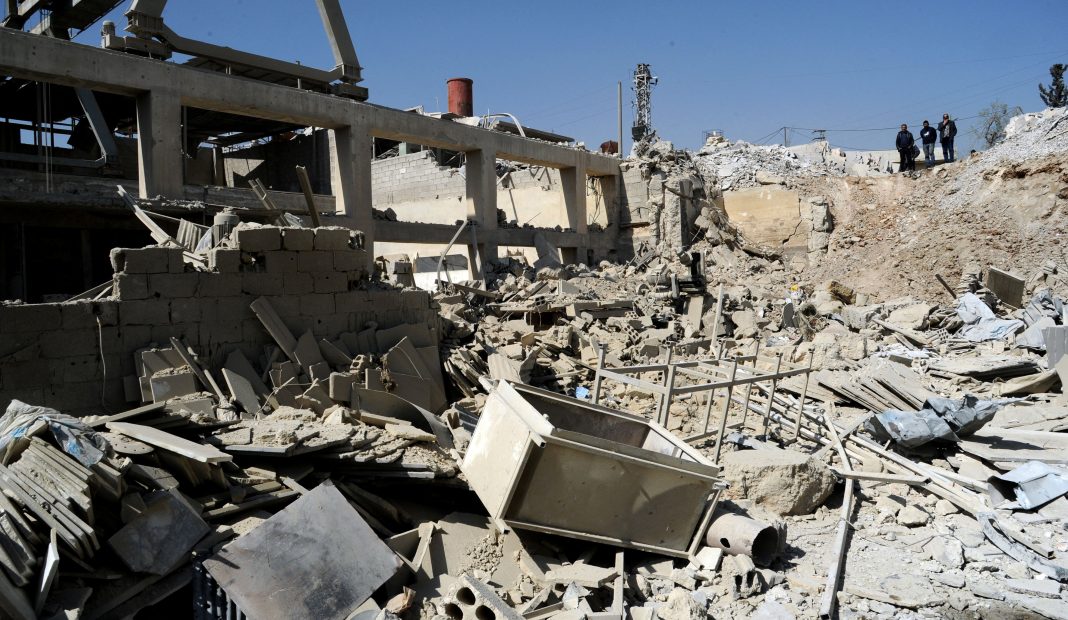Introduction
The recent sentencing of demonstrators involved in a protest against illegal mining, commonly known as “galamsey,” has sparked significant debate and concern in the community and beyond. Two individuals received sentences of 60 years and 10 years, respectively, highlighting the tension between governmental authority, environmental conservation, and citizens’ rights to protest.
Background
Galamsey, a term used in Ghana to describe illegal artisanal mining, has become a contentious issue. While it provides livelihoods for many, it poses severe environmental risks, including deforestation, water pollution, and loss of biodiversity. The government has taken a firm stance against galamsey activities, initiating crackdowns and strict regulations to curb the practice.
Recently, protests erupted as communities sought to voice their concerns over government actions and the impact of illegal mining on their lives and environment. These demonstrations have drawn attention not only to the environmental implications but also to the socio-economic factors that drive individuals to engage in such activities.
The Sentences
The sentences imposed on the demonstrators have raised eyebrows. A 60-year sentence is particularly striking, leading many to question whether the punishment fits the alleged crimes. Critics argue that such severe penalties may serve as a deterrent to peaceful protests, infringing on citizens’ rights to assemble and express their grievances.
The 10-year sentence, while shorter, still highlights the significant legal repercussions individuals face when participating in demonstrations. Supporters of the demonstrators argue that these sentences reflect a troubling trend of governmental overreach and a willingness to silence dissenting voices.
Public Reaction
Public reaction to the sentences has been polarized. Advocates for environmental protection and human rights have condemned the sentences, calling for their immediate review. They argue that punishing individuals harshly for protesting against policies that impact their livelihoods undermines democratic values and stifles public discourse.
On the other hand, some government officials maintain that such measures are necessary to maintain law and order, especially in light of the sometimes violent nature of protests. They argue that illegal mining poses a grave threat to the environment and that strong legal action is required to deter such
#GalamseySentencingConcerns




